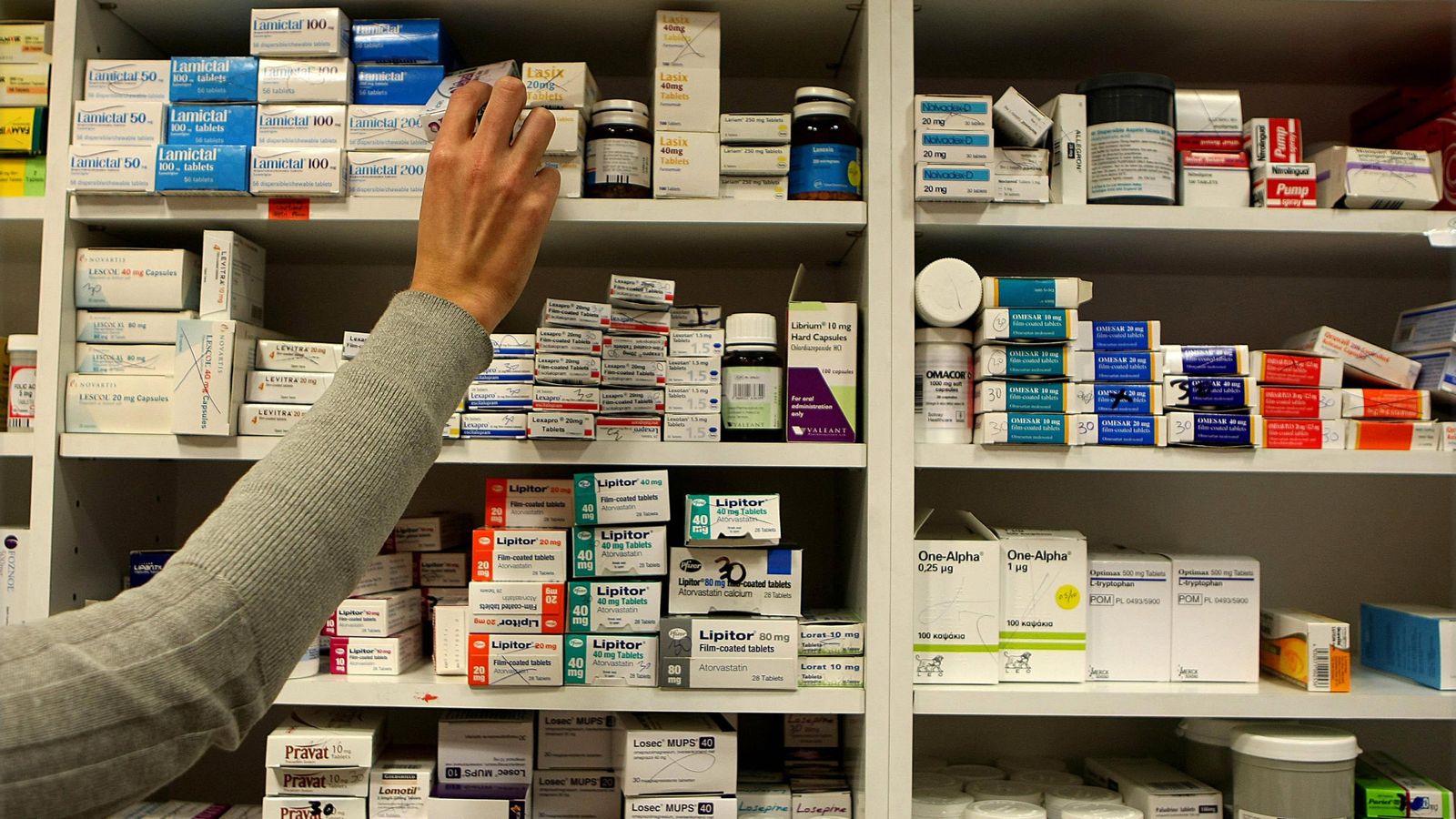Tracking what shoppers buy through loyalty cards can help spot cases of ovarian cancer earlier, a study has found.
Involving nearly 300 women, the study found a “noticeable increase” in the purchase of pain and indigestion medication among those who were later diagnosed with ovarian cancer, compared to women who did not have the disease.
The change in purchasing habits happened up to eight months before a diagnosis, suggesting that individuals are treating symptoms at home before seeking advice from a GP.
Results showed that women with ovarian cancer began to recognise their symptoms around four-and-a-half months before diagnosis.
Ovarian cancer is the sixth most common cancer in the UK, with around 7,400 women, or individuals with ovaries, diagnosed each year, and more than 4,000 deaths annually.
The findings, published in the journal JMIR Public Health and Surveillance and funded by Cancer Research UK, analysed loyalty card data of 283 women and, of these,153 had been diagnosed with ovarian cancer.
Six years worth of purchases from two UK-based high-street retailers were examined, with participants also asked to complete a short questionnaire about ovarian cancer risk factors, symptoms they experienced – if any – and the number of visits to their GP.
Symptoms of ovarian cancer can be unclear in the early stages of the disease. They often include: loss of appetite, stomach pain and bloating.
These symptoms can lead to women buying medication from a local pharmacy.
Around 93% of women diagnosed with ovarian cancer at the earliest stage – stage one – can survive for five years or more.
This is compared to 13% when diagnosed at the latest stage – stage four.
Lead author Dr James Flanagan, from Imperial College London’s department of surgery and cancer, said that the symptoms are “very common”, but for some women “could be the first signs of something more serious”.
“Using shopping data, our study found a noticeable increase in purchases of pain and indigestion medications among women with ovarian cancer up to eight months before diagnosis, compared with women without ovarian cancer,” he said.
Read more on Sky News:
Cancer vaccines: How they work and all you need to know
Where – and why – there are long waits for emergency care
Ants can ‘sniff out’ cancer in urine, scientists find
The aim of the research is to lead to symptoms of ovarian cancer being picked up earlier, and improve treatment options.
Dr David Crosby, head of prevention and early detection research at Cancer Research UK, added: “This study indicates exciting potential for a new way to detect cancer earlier and save lives.”
Click to subscribe to the Sky News Daily wherever you get your podcasts
Experts said further research is needed, but as part of the next steps, the team will investigate whether purchases of over-the-counter products could be used similarly for other cancers, such as stomach, liver and bladder.




